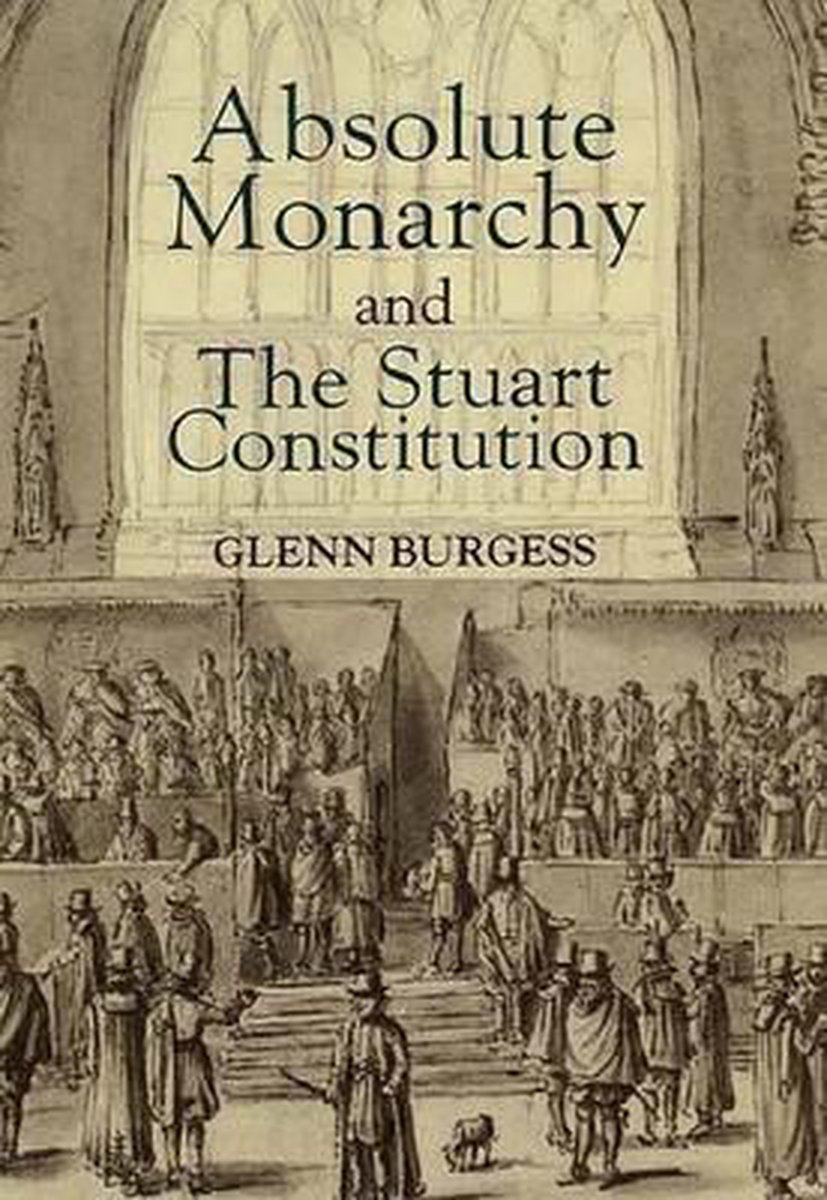Absolute Monarchy and the Stuart Constitution
Maak tweedehands je eerste keus
- Alle boeken zijn met de hand gecontroleerd
- 30 dagen retourgarantie
- Gratis verzending vanaf 4 boeken of 40 euro
- Op werkdagen voor 15:00 besteld, dezelfde dag verzonden
Sorry, niet op voorraad
ISBN
9780300065329
Bindwijze
Hardcover
Taal
Engels
Auteur
Uitgeverij
Yale University Press
Jaar van uitgifte
1996
Aantal pagina’s
240
Waar gaat het over?
Lees verder
Recensies

